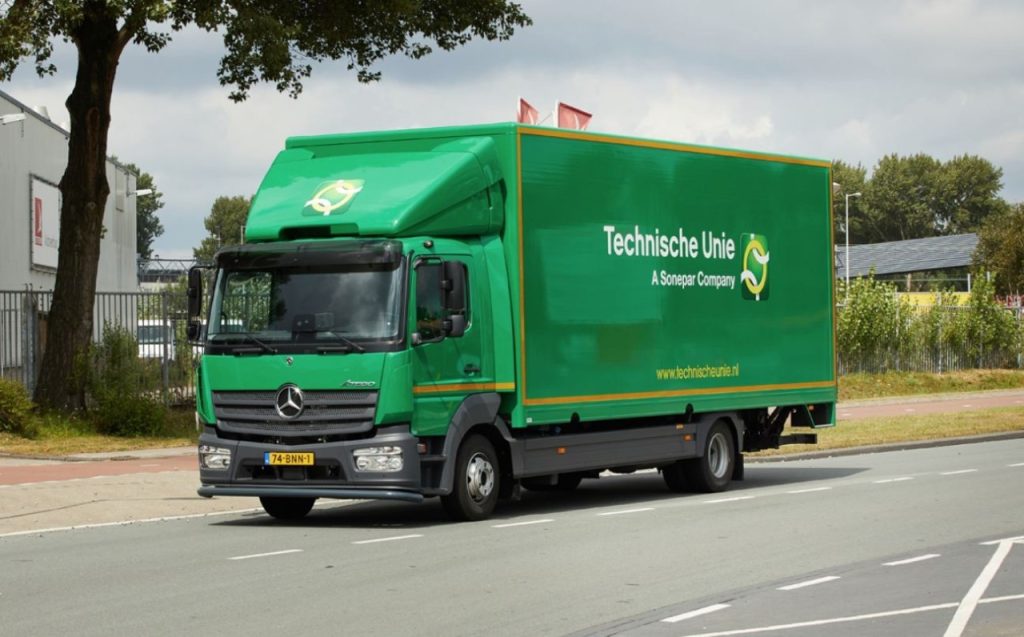As a wholesaler, Technische Unie is positioned in the middle of the data-exchange chain. For some time now, the company has been using 2BA to exchange product data with almost all suppliers and make it available to its clients. Involving the maritime sector is a logical step for them, and they wholeheartedly support OMDS.
‘In the middle of the chain, we, as wholesalers, are responsible for adding the article information to the 2BA database. However, we depend for some of that information on what our suppliers provide. So everyone in the chain has to play their part’, says Maurice van der Leeden, Manager Product Information Management at Technische Unie.
For some years, 2BA has been developing the Data Label, which clearly demonstrates what the completeness of the necessary information means to various users in the chain. The label is updated annually for wholesalers. That’s hardly surprising, when you remember that regulatory pressures increase every year. And with that, the need for data in the whole chain grows too.

‘Naturally, we don’t want to saddle our suppliers with unnecessary work, but it’s clear in practice that what we ask for really is necessary. Often not for us, but for all parties after us in the chain’, Van der Leeden continues. ‘Luckily, more and more suppliers now understand that complete, correct and prompt product information is no longer of secondary importance. And it’s certainly not an impossible task, given that big players such as TKF achieve the maximum score for their entire range.’
Van der Leeden is not yet satisfied with Technische Unie’s current score. ‘Unfortunately, we’re not achieving a single plus for the maritime sector on the Data Label at present, but that will change soon. In order to provide our clients in the maritime sector with enough information, we have analysed why we are currently achieving not a single plus on the label. In most fields, the conclusion was simple: the data is not available in the current exchange format. For that reason, we have initiated a project for exchanging data between Technische Unie and 2BA through the DICO standard. That way, it’s simple to make the information that’s available in our systems available to our clients too.
Technische Unie expects to have the missing fields available by this summer, and subsequently display the first improvements on the Data Label. ‘Our goal is naturally to achieve three pluses. To do that, we really need each other in the chain. Above all, let’s keep each other on our toes’, concludes Van der Leeden.